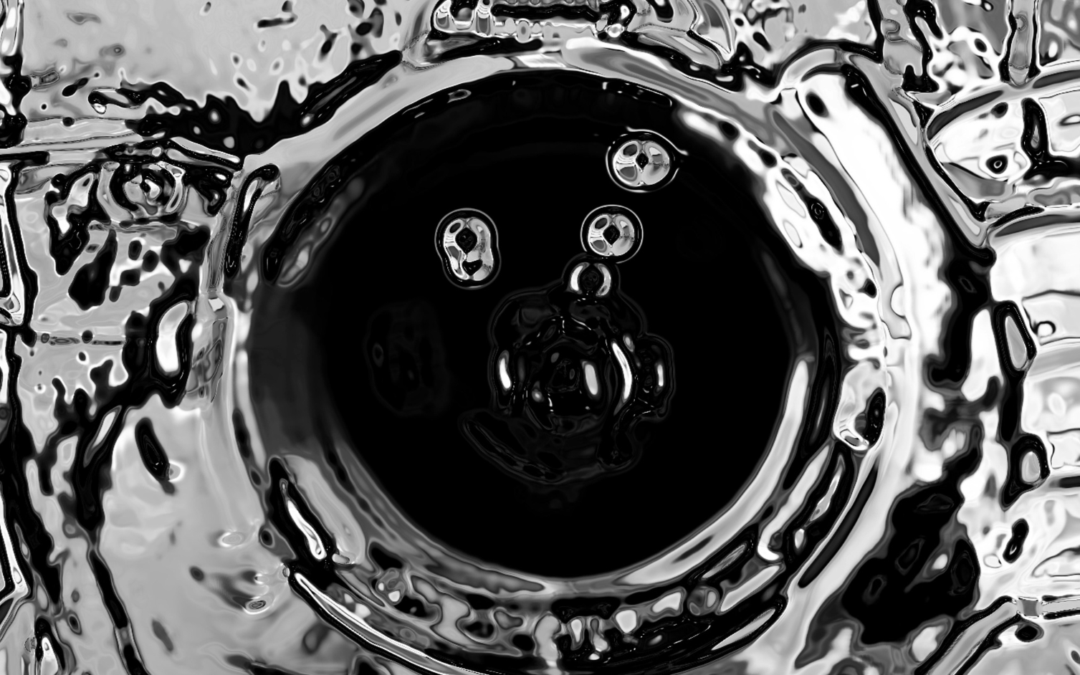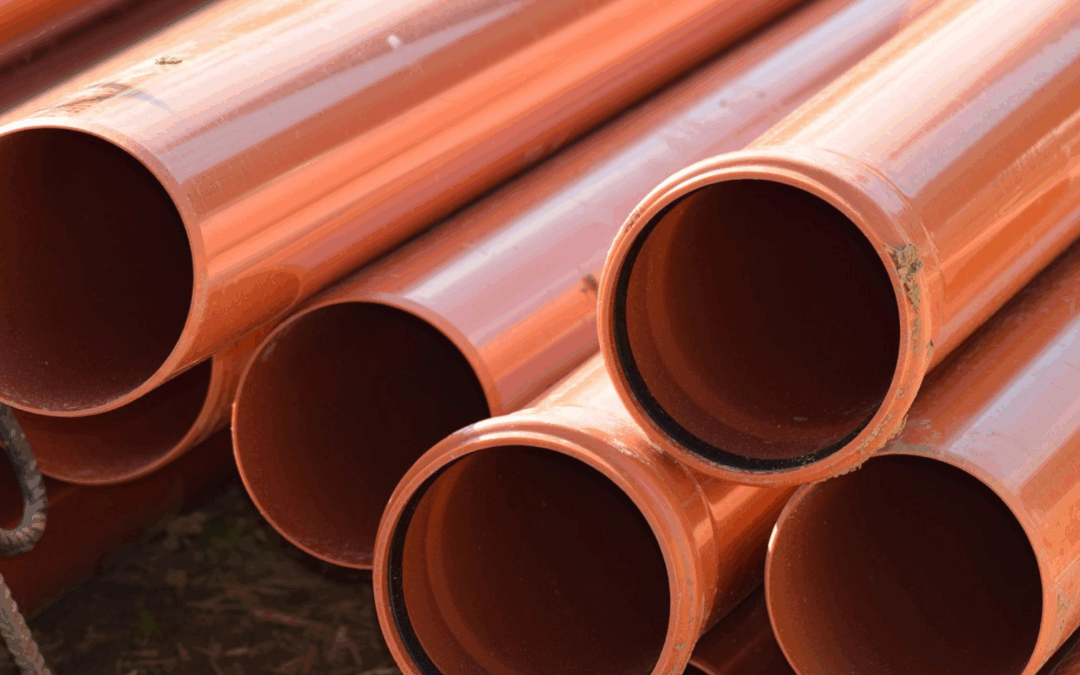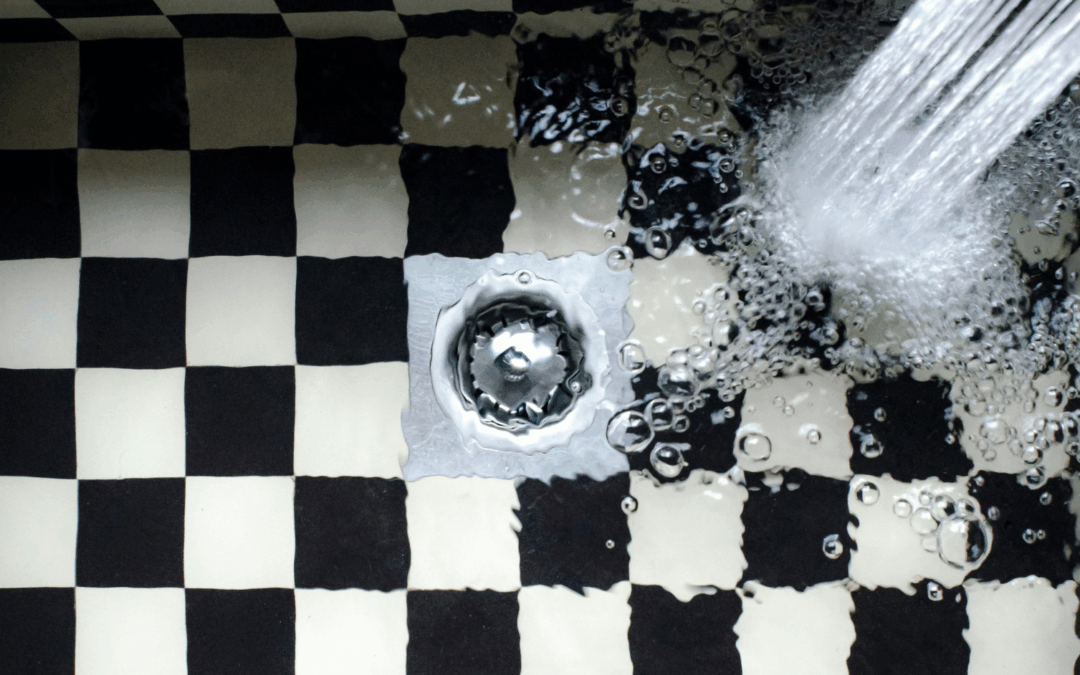Clean out plumbing is more important than you would think. Are you tired of dealing with clogged drains and unexpected plumbing emergencies? You’re not alone. For homeowners, DIY enthusiasts, property managers, and even plumbers, maintaining a clean plumbing system is crucial. In this blog post, we’ll explore the importance of clean out plumbing and how it can save you time, money, and stress. From understanding your sewer lines to locating your drain cleanouts, we’ve got you covered.
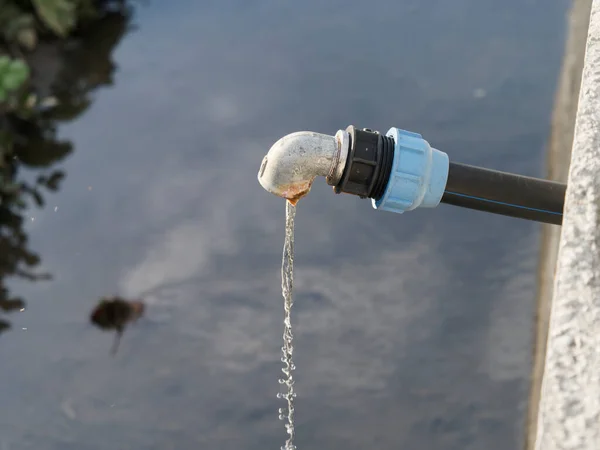
Understanding How To Cleanout Drains
Cleanout plumbing is the foundation of an efficient plumbing system. But what exactly does it involve? Cleanouts are specific access points in your plumbing system that allow for easy inspection and maintenance. Typically found in the main sewage line or near plumbing fixtures like kitchen sinks, these capped pipes serve as essential entry points for clearing blockages and maintaining proper flow.
Schedule Service Online
Get a free estimate so you know what you're signing up for
"*" indicates required fields
For Emergency Services Call: 410-255-9300
Maintaining cleanout plumbing is crucial for preventing clogs and ensuring your entire plumbing system functions properly. By regularly accessing these points, you can prevent debris buildup, avoid costly repairs, and maintain water flow throughout your home. Whether you’re tackling a clogged drain or seeking to prevent future issues, understanding your cleanout plumbing is the first step in safeguarding your home.
Homeowners often overlook the importance of cleanouts until they face a plumbing emergency. By familiarizing yourself with cleanout plumbing, you can take proactive steps to maintain your pipes and prevent potential disasters. Whether you’re a seasoned DIY enthusiast or just starting, knowing the ins and outs of your plumbing system is essential.
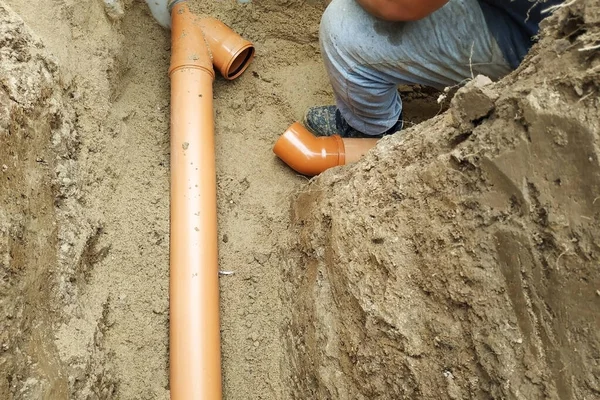
The Role of Main Sewer Line in Your Plumbing System
Sewer lines are an integral part of any plumbing or sewer system. They transport waste and wastewater from your home to the main sewage line, ensuring efficient disposal. However, when these lines become obstructed, it can lead to significant issues, including clogged pipes, backed-up toilets, and even water damage.
Monitoring and maintaining your sewer lines can prevent blockages and ensure your plumbing system operates smoothly. Regular inspections, either by a licensed plumber or through camera inspections, can help identify potential issues before they escalate. By addressing these concerns early on, you can avoid costly repairs and maintain the health of your plumbing system.
For older homes, sewer lines may be made of cast iron or other materials that can corrode over time. Understanding the condition of your sewer lines and their typical location can help you address potential problems and keep your plumbing system in top shape. Remember, a well-maintained sewer line is essential for a clean and efficient plumbing system.
How to Locate Your Drain Cleanouts
Locating your drain cleanouts is crucial for maintaining your plumbing system. This access point provides entry for clearing clogs and performing routine maintenance. Cleanouts are typically located on the ground floor, basement, or near a roof drain cleanout, depending on the house’s design and age.
Start by examining your home’s exterior for capped pipes sticking out from the ground or basement walls. These are often indicators of a sewer cleanout. If you’re having difficulty locating these points, consult your home’s plumbing blueprints or contact a licensed plumber for assistance. Knowing where your cleanouts are located can save you valuable time during a plumbing emergency.
Understanding the location of your drain line cleanouts can also help you maintain the health of your septic tank. By regularly inspecting and cleaning these access points, you can prevent blockages and ensure your plumbing system functions efficiently. Whether you’re a DIY enthusiast or a seasoned homeowner, knowing the location of your cleanouts is essential.
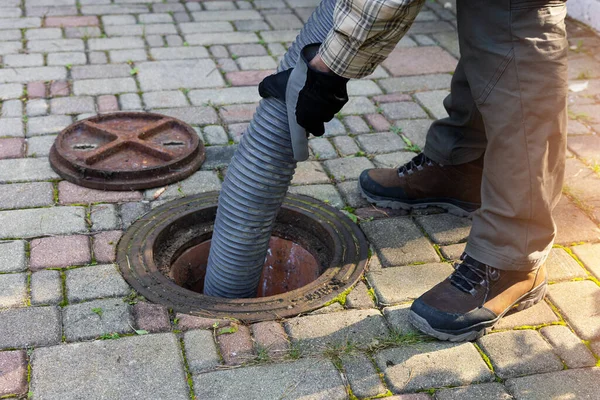
The Importance of A Regular Sewer Drain Cleanout
Regular sewer cleanouts are essential for maintaining an efficient plumbing system. By routinely clearing blockages and debris from your sewer lines, you can prevent costly repairs and ensure your plumbing fixtures function properly. This proactive approach to plumbing maintenance can save you time, money, and stress in the long run.
Homeowners should schedule regular inspections and cleanouts to identify potential issues before they become major problems. A licensed plumber can perform these cleanouts, ensuring your sewer lines are clear and functioning optimally. Taking the time to maintain your sewer lines can prevent clogs, water damage, and other plumbing emergencies.
In addition to professional cleanouts, homeowners can practice preventative measures to minimize debris buildup in their sewer lines. Avoid disposing of grease, food particles, and non-flushable items down your drains, as these can contribute to blockages and clogs. By maintaining your sewer cleanouts, you can ensure a smooth-running plumbing system.
How to Prevent Clogged Drains
Clogged drains are a common issue for homeowners and can lead to costly repairs if left unaddressed. Fortunately, there are several steps you can take to prevent clogs and maintain the efficiency of your plumbing system. From routine maintenance to mindful disposal practices, these tips can help you avoid plumbing headaches.
First, consider using drain guards or strainers in your sinks and showers to catch debris before it enters the plumbing system. These simple devices can prevent hair, food particles, and other debris from clogging your drain lines. Regularly clean these guards to maintain their effectiveness and keep your drains clear.
Additionally, be mindful of what you dispose of down your drains. Avoid flushing non-biodegradable items, grease, and large food particles, as these can contribute to blockages and clogged pipes. By adopting these preventative measures, you can maintain the efficiency of your plumbing system and prevent costly repairs.
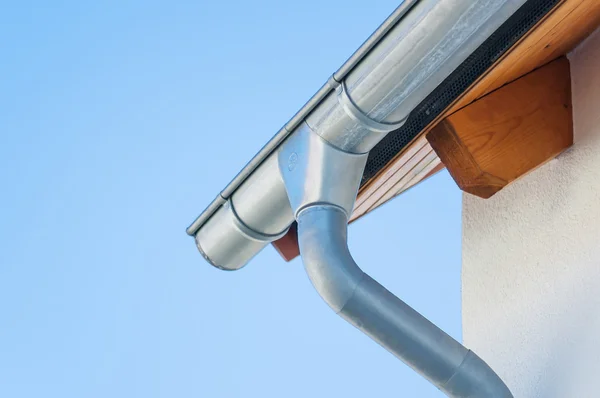
The Benefits of Regular Roof Drain Cleanouts
Roof drain cleanouts are an often overlooked aspect of plumbing maintenance but play a crucial role in preventing water damage and maintaining your plumbing system. These cleanouts help manage rainwater runoff, preventing it from accumulating on your roof and causing leaks or structural damage.
Regular roof drain cleanouts can prevent blockages caused by debris such as leaves, branches, and dirt. By keeping your roof drains clear, you can ensure efficient water flow and protect your home’s structural integrity. This simple maintenance task can save you from costly repairs and ensure your plumbing system operates smoothly.
For homeowners with slab foundations, maintaining your roof drain cleanouts is especially important. Blocked roof drains can lead to water accumulation around the house’s foundation, potentially causing structural damage. By prioritizing regular roof drain cleanouts, you can safeguard your home and its plumbing system.
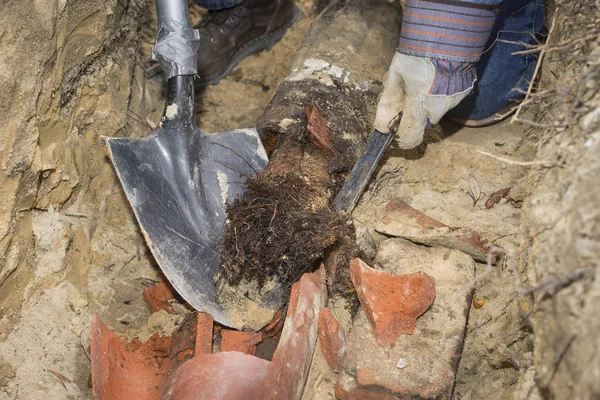
Why Plumbing Cleanouts Are Essential
Plumbing cleanouts are an essential component of any plumbing system. They provide access points for clearing clogs, conducting inspections, and performing routine maintenance. By maintaining your plumbing cleanouts, you can prevent blockages, reduce repair costs, and ensure your plumbing system functions efficiently.
Homeowners should prioritize regular maintenance of their plumbing cleanouts to prevent clogs and maintain optimal plumbing performance. This proactive approach can save you time and money by preventing costly repairs and plumbing emergencies. Whether you’re a DIY enthusiast or rely on professional help, maintaining your plumbing cleanouts is crucial.
In addition to preventing clogs, cleanouts can help protect your home from water damage. By maintaining your plumbing cleanouts, you can ensure efficient water flow and prevent potential issues that could damage your home’s structure. For property managers and homeowners alike, maintaining plumbing cleanouts is a vital aspect of home maintenance.
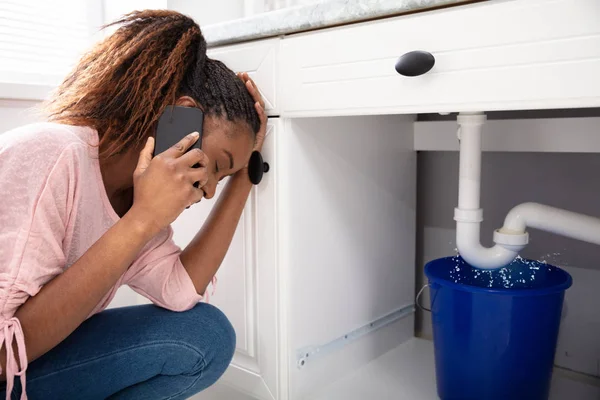
How to Handle Emergency Plumbing Situations
Emergency plumbing situations can be stressful and costly, but being prepared can help you manage these issues effectively. Knowing how to handle common emergencies, such as clogged toilets or burst pipes, can save you time and money while minimizing damage to your home.
First, familiarize yourself with the location of your main water shut-off valve. In the event of a burst pipe or significant leak, quickly turning off the water supply can minimize damage and prevent flooding. If you’re unsure of your shut-off valve’s location, consult your plumbing blueprints or contact a licensed plumber for assistance.
In cases of clogged drains or toilets, having a plunger and plumbing snake on hand can help you address the issue quickly. These tools can clear blockages and restore flow to your plumbing system. If the problem persists, contact a licensed plumber for professional assistance.

Tips for Maintaining Your Plumbing Fixtures
Maintaining your plumbing fixtures is an essential aspect of homeownership. By keeping your faucets, toilets, and other fixtures in good condition, you can prevent leaks, reduce water waste, and maintain an efficient plumbing system.
Regularly inspect your plumbing fixtures for signs of wear or damage. Address leaks promptly to prevent water waste and potential damage to your home’s structure. Replacing worn-out washers or seals can prevent leaks and extend the life of your fixtures.
Additionally, practice mindful water usage to maintain the efficiency of your plumbing system. Avoid overloading kitchen sinks or toilets with excessive water usage, as this can contribute to clogs and strain your plumbing system. By maintaining your plumbing fixtures, you can ensure a smooth-running plumbing system and prevent costly repairs.
The Role of a Licensed Plumber in Maintaining Your Plumbing System
A licensed plumber plays a crucial role in maintaining your plumbing system. From routine inspections to emergency repairs, a skilled plumber can ensure your plumbing system operates efficiently and safely.
Hiring a licensed plumber for regular inspections can help identify potential issues before they become major problems. These professionals have the tools and expertise to diagnose and address plumbing concerns effectively, saving you time and money.
In addition to routine maintenance, a licensed plumber can provide valuable advice on preventive measures and best practices for maintaining your plumbing system. By partnering with a trusted plumber, you can ensure your plumbing system remains in top condition for years to come.
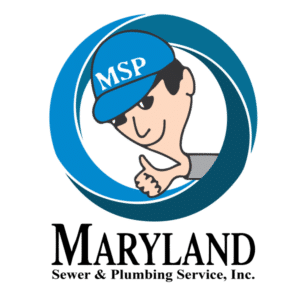
Addressing Common Plumbing Issues in Older Homes
Older homes often present unique plumbing challenges, from outdated materials to complex layouts. Addressing these issues is essential for maintaining an efficient plumbing system and preventing costly repairs.
First, assess the condition of your plumbing system, paying special attention to cast iron pipes and other materials susceptible to corrosion. Consider upgrading to modern materials, such as PVC or copper, for improved durability and efficiency.
Additionally, locate and maintain your plumbing cleanouts to prevent blockages and ensure efficient water flow. Regular inspections and cleanouts can help identify potential issues and keep your plumbing system in top shape. By addressing common plumbing issues in older homes, you can ensure a smooth-running plumbing system.
MD Sewer and Plumbing will help you with your cleanout plumbing as well as educate you on how to maintain your plumbing system.
Conclusion | Clean Out plumbing
Maintaining a clean and efficient plumbing system is essential for homeowners, DIY enthusiasts, property managers, and plumbers alike. By understanding the importance of cleanout plumbing, sewer lines, and regular maintenance, you can prevent costly repairs and ensure your plumbing system functions properly.
Whether you’re a seasoned DIY enthusiast or just starting, taking proactive steps to maintain your plumbing system is crucial. By familiarizing yourself with your plumbing cleanouts, practicing preventative measures, and partnering with a licensed plumber, you can safeguard your home and ensure a smooth-running plumbing system.
Remember, a well-maintained plumbing system is the key to a happy, healthy home. By prioritizing regular maintenance and addressing potential issues promptly, you can enjoy a stress-free homeownership experience and protect your property’s value. Happy plumbing!


